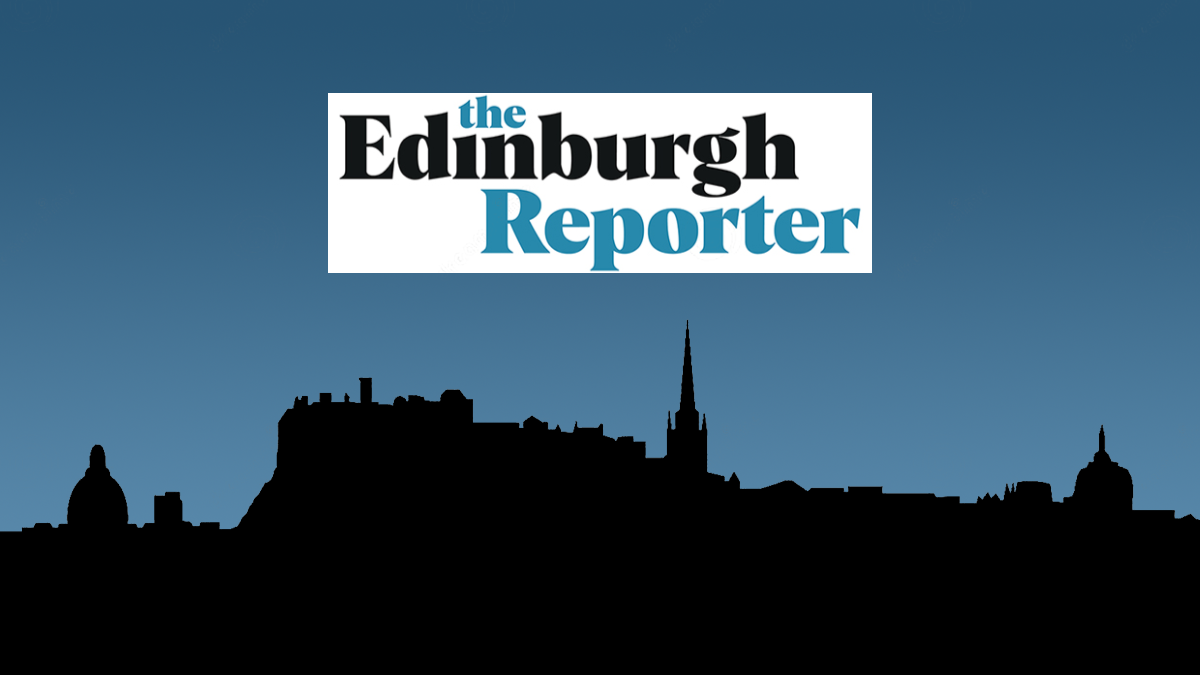First Minister, Nicola Sturgeon, wrote to the new Prime Minister Liz Truss on Tuesday, offering congratulations on her appointment, but also asking for fast action on the cost of living crisis.
The letter reads as follows:
Congratulations on your appointment as Prime Minister.
You take office in the midst of an unprecedented economic and cost crisis.
The challenge is stark. Inflation is at 10.1%, the highest since 1982, and is expected to be the highest in the G7 group of leading economies for the next two years. Interest rates are rising and the wider economic outlook is bleak, with the UK economy expected to go into recession shortly – an economic crisis made much worse by a decade of UK Government austerity and a catastrophic approach to EU exit.
The Scottish Government has already responded by allocating almost £3 billion this financial year to help households cope with increased costs – and has allocated more than £800 million to support businesses in Scotland.
Despite these measures, and interventions previously announced by the UK Government, much more needs to be done. In our Programme for Government today, I will set out a range of actions we are taking within devolved responsibilities and finite budgets.
Any responsible government faced with a crisis of this magnitude would act immediately to ensure that budgets for public services are sufficient to provide the help and support that is needed. Action is therefore required by the UK Government and I am calling on you to bring forward an urgent package of measures as follows.
The October price cap increase should be cancelled immediately, with energy prices frozen at their current levels. A freeze on bills would deliver immediate relief to households and would also help lower inflation, easing the wider cost crisis.
This freeze must be applied to businesses and the public and third sectors in order to stop an avalanche of business bankruptcies and job losses, and to prevent essential services being squeezed by the cost of heating schools, hospitals and other public buildings.
The UK Government must target additional financial support to those already struggling. A freeze in energy bills is essential, but is not sufficient, given the energy price cap has already increased by 54%. Social Security benefits should be increased in line with the rate of inflation and a £25 uplift to Universal Credit should be introduced.
The UK Government must increase the budgets of devolved governments – or grant us greater powers to borrow – so that we can do more to help public services and workers.
An enhanced windfall tax should be introduced to help meet the cost of providing additional help for households and business. Around £9.3 billion could be raised by broadening the Energy Profits Levy and by removing the investment allowance.
Unless there is swift and decisive action by the UK Government using its reserved powers over the economy and energy markets – along with additional measures to stimulate the economy and to tackle inflation and rising costs, the result will be a catastrophic increase in poverty and hardship.
When I wrote to your predecessor at the beginning of July, I stressed the need for clear, determined leadership and co-operation to develop, at pace, a package of interventions to protect those most negatively impacted by this crisis. Two months later the need for collective action is even more urgent.
It is difficult to overstate the gravity of the situation. This crisis puts livelihoods – and lives –at risk. The cost of further inaction and delay by the UK Government will be to see millions plunged into poverty and hardship, and would, rightly, be seen as an unforgivable failure of leadership.
In these circumstances I am renewing my request for an emergency meeting with you and the other devolved governments to agree the actions needed to tackle this crisis.
I am copying this letter to the First Minister of Wales and to the Head of the Northern Ireland Civil Service.
Founding Editor of The Edinburgh Reporter.
Edinburgh-born multimedia journalist and iPhoneographer.















